To provide the best experiences, we use technologies like cookies to store and/or access device information. Consenting to these technologies will allow us to process data such as browsing behaviour or unique IDs on this site. Not consenting or withdrawing consent, may adversely affect certain features and functions.
The technical storage or access is strictly necessary for the legitimate purpose of enabling the use of a specific service explicitly requested by the subscriber or user, or for the sole purpose of carrying out the transmission of a communication over an electronic communications network.
The technical storage or access is necessary for the legitimate purpose of storing preferences that are not requested by the subscriber or user.
The technical storage or access that is used exclusively for statistical purposes.
The technical storage or access that is used exclusively for anonymous statistical purposes. Without a subpoena, voluntary compliance on the part of your Internet Service Provider, or additional records from a third party, information stored or retrieved for this purpose alone cannot usually be used to identify you.
The technical storage or access is required to create user profiles to send advertising, or to track the user on a website or across several websites for similar marketing purposes.
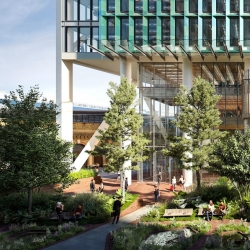 EDGE, the developer of a number of groundbreaking, energy-efficient office buildings has reveals its designs for its new London project. The name of the new sustainable development at St Thomas Street on London’s South Bank is EDGE London Bridge. The development aims to make the 255,000 sq ft nia (23,500 sq m) tower featuring 26 floors of commercial office space into London’s most sustainable office tower. (more…)
EDGE, the developer of a number of groundbreaking, energy-efficient office buildings has reveals its designs for its new London project. The name of the new sustainable development at St Thomas Street on London’s South Bank is EDGE London Bridge. The development aims to make the 255,000 sq ft nia (23,500 sq m) tower featuring 26 floors of commercial office space into London’s most sustainable office tower. (more…)






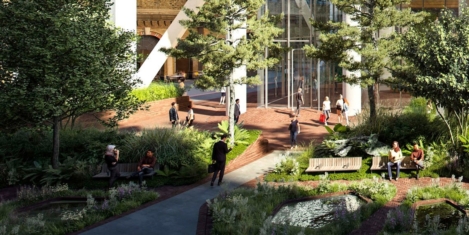





 New research from
New research from 


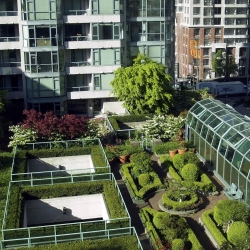 Nearly half of UK workers admit to being greener at home than they are in the office, although more and more are realising the importance of green habits,
Nearly half of UK workers admit to being greener at home than they are in the office, although more and more are realising the importance of green habits, 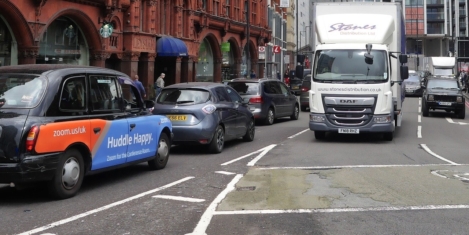
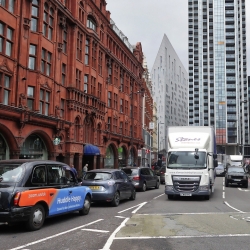 Outdoor workers in the capital are exposed to 15 percent more pollution than the average Londoner, new
Outdoor workers in the capital are exposed to 15 percent more pollution than the average Londoner, new 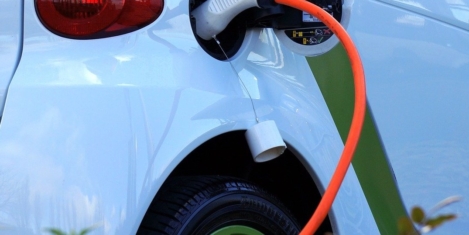
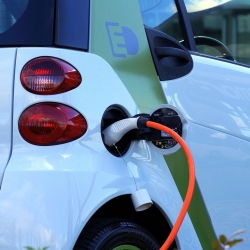 Six in ten new cars must be electric by 2030 yet a third of people have told researchers they won’t ever buy an electric vehicle. The UK government’s current policy is to insist that by 2030, all new cars and vans sold in the UK should be zero-emissions capable – that means battery electric, plug-in hybrid electric or hydrogen.
Six in ten new cars must be electric by 2030 yet a third of people have told researchers they won’t ever buy an electric vehicle. The UK government’s current policy is to insist that by 2030, all new cars and vans sold in the UK should be zero-emissions capable – that means battery electric, plug-in hybrid electric or hydrogen. 


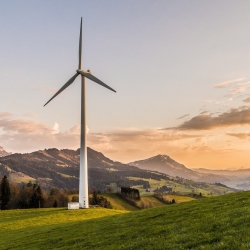











January 9, 2020
Putting the responsibility into personal and corporate social responsibility 0
by Mark Eltringham • Comment, Environment, Wellbeing
(more…)